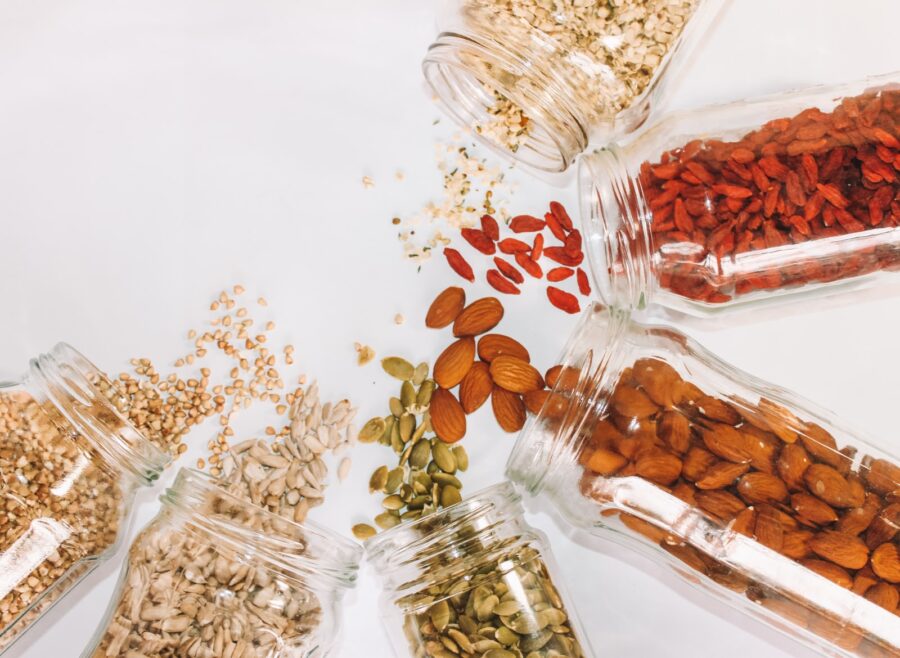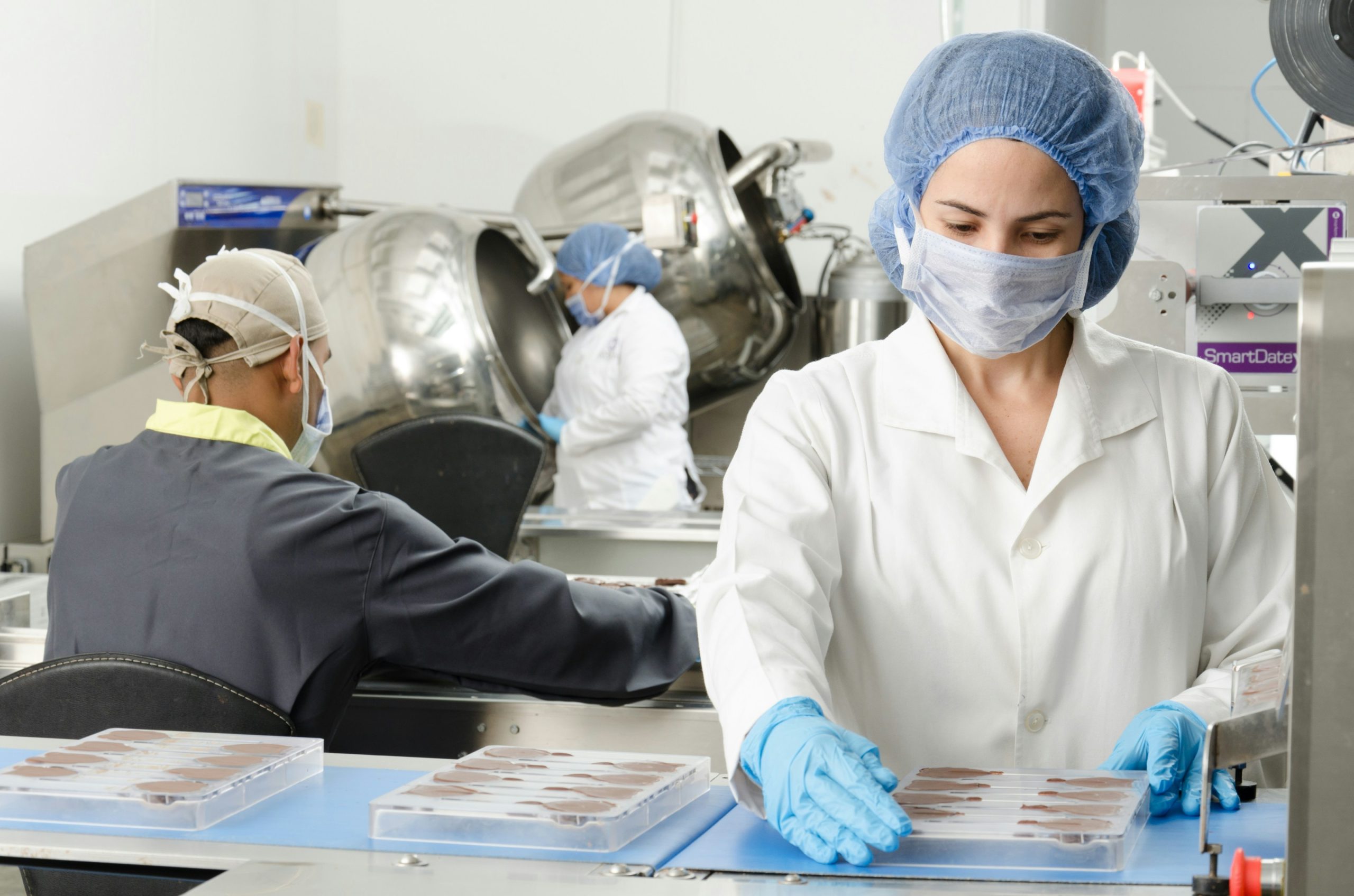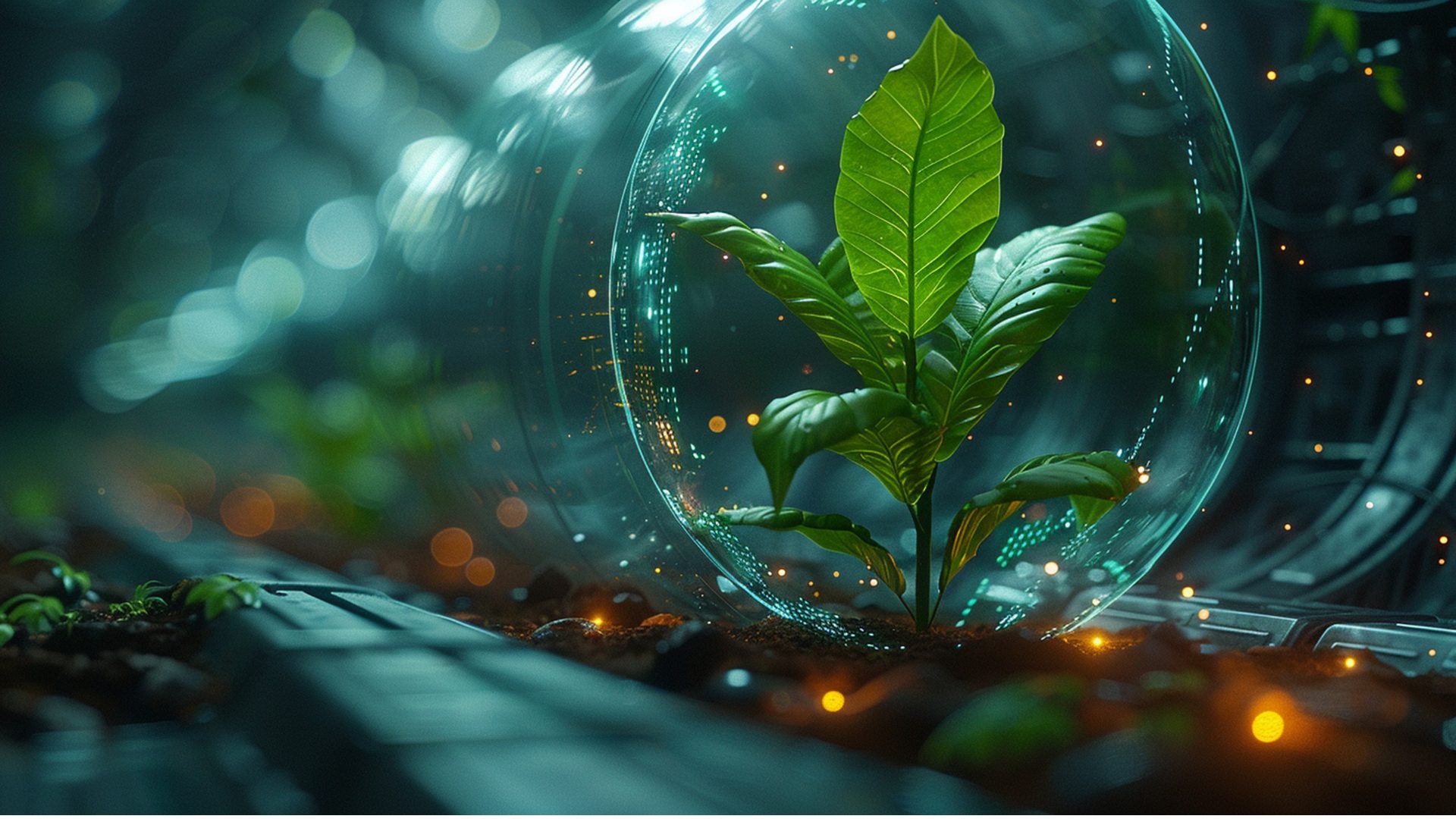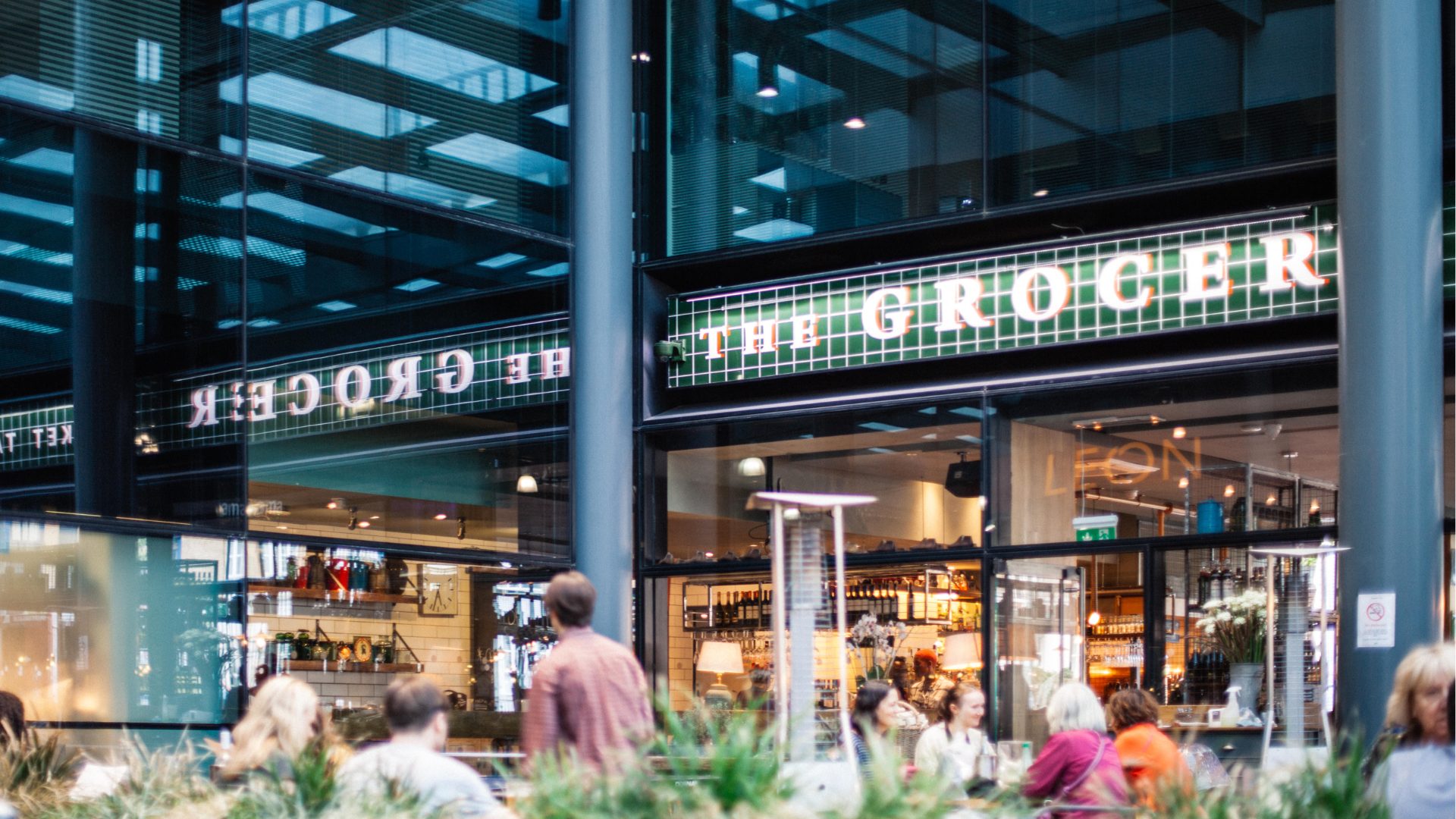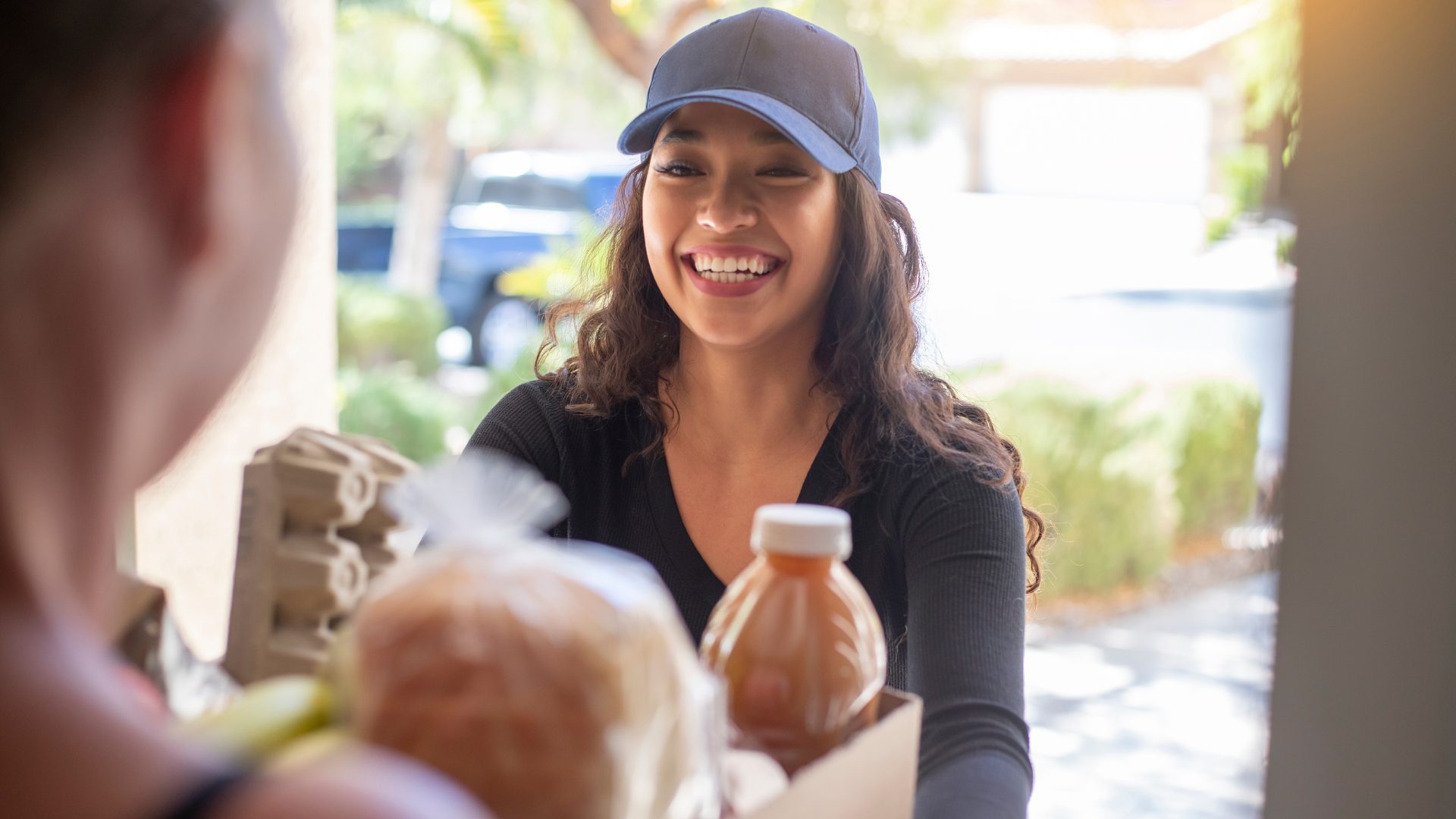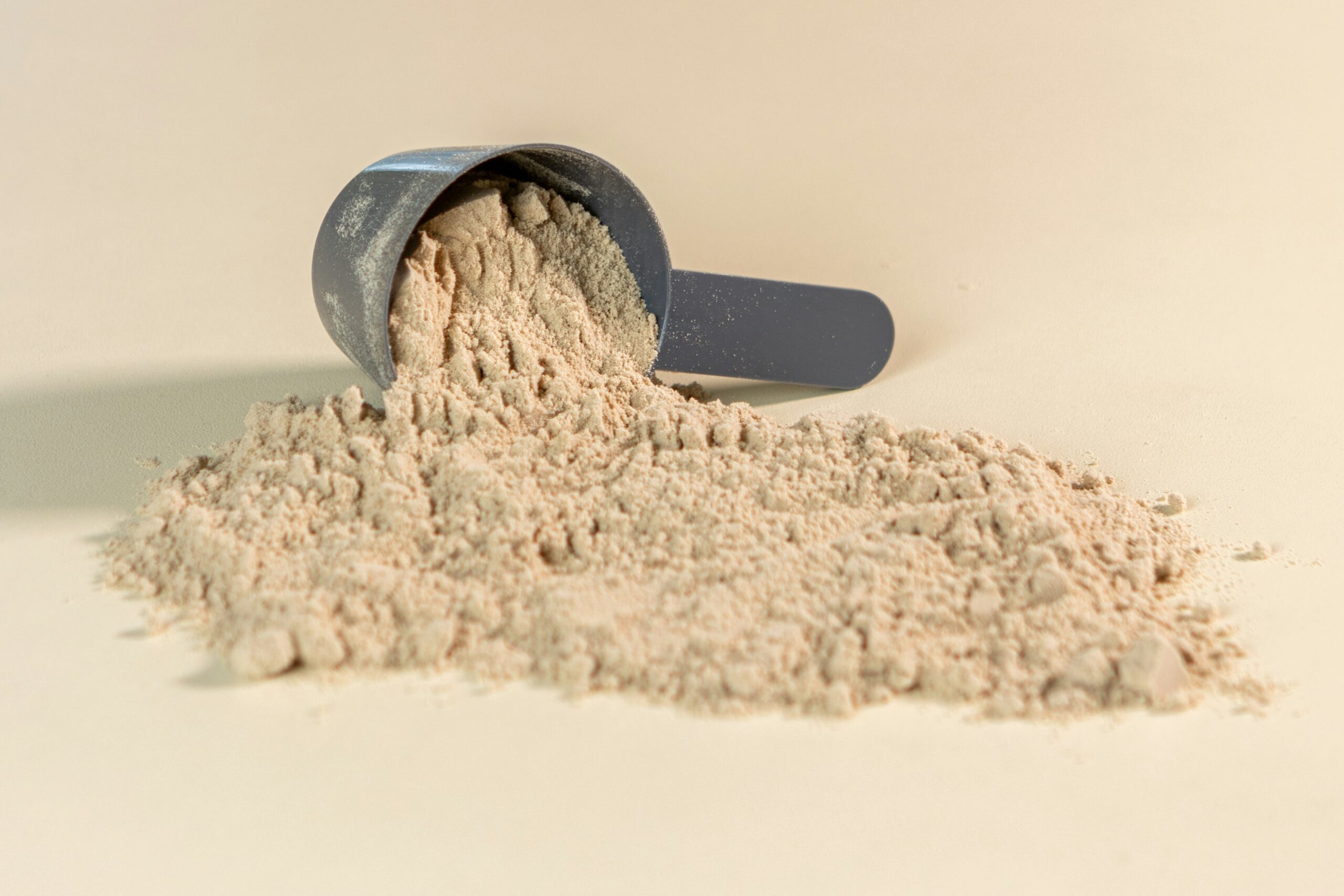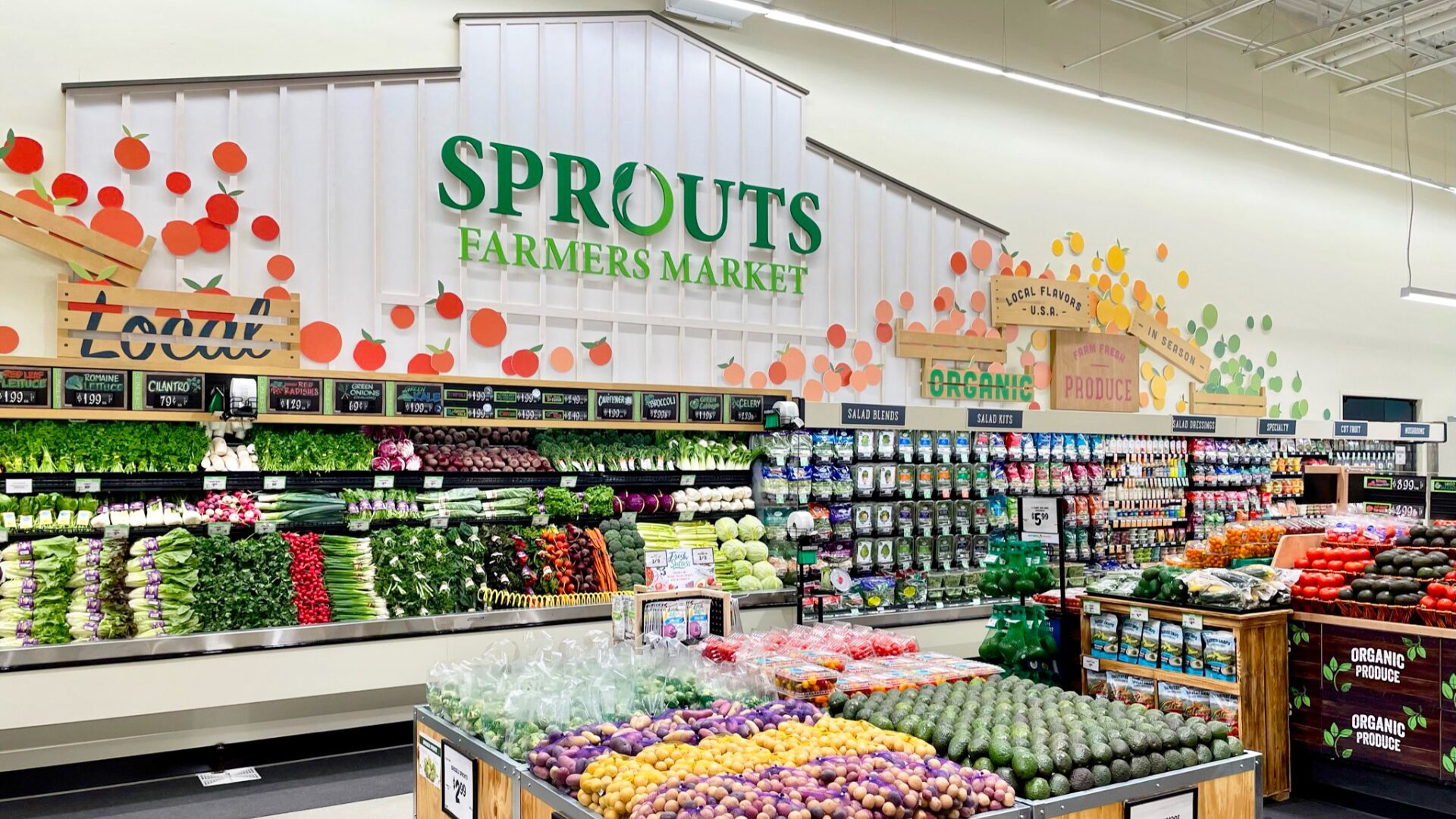Consumers consistently rank sustainability as a top motivator for dining and shopping decisions, and upcycled ingredients are leading the way.
In fact, food and beverages incorporating upcycled ingredients saw a compound annual growth rate of 122% over the five years ending Q3 2021, more than double that of new products using recycled plastic (59%), saving water (49%), or reducing carbon emissions (47%), per an Innova Market Insights report. Most of the consumers surveyed said they’d pay more for products preventing plastic waste (64%), ocean pollution (63%), or food waste (62%).
With that, companies like Imperfect Foods, Full Harvest and Misfits Market are upcycling grocery store produce with imperfections with curated grocery deliveries, while Do Good Foods turns the leftover surplus that grocery stores donate to food pantries into animal feed.
Redirecting spent grain is also a popular upcycling technique.
EverGrain repurposes spent barley grains into rice and protein bars, drinks and powder. ReGrained transforms spent grain into bars, baking mixes, flour, pasta and puffs. And Take Two upcycles grain for four flavors of plant-based Barleymilk. It’s among two dozen companies certified by the Upcycled Food Association, meaning at least 10% of the product is made with surplus food or food by-products with a verifiable supply chain and demonstrated environmental improvement.
Others include Pulp Pantry, which turns leftover fiber from vegetable juicing into chips, and Renewal Mill, which repurposes soybean pulp (okara) into flour.
Using dehydration to upcycle “the pulp leftover from plant-based soy milk and oat milk solves two problems with byproducts: We’re not paying to transport water and we extend the shelf life of the product,” Renewal Mill CEO Caroline Cotto, told The Food Institute.
Beyond the battle against food waste, recyclable and compostable packaging also addresses plastic waste and ocean pollution — and could be a viable solution to supply chain shortages — but upcycling is limited.
“The shelf life of our flours and baking mixes is 18 months and unfortunately there aren’t a lot of good compostable options that have a shelf life that long, so as an interim solution we’ve certified all of our products as plastic negative through rePurpose Global,” Cotto explained. “Similar to carbon offsetting, we’re funding projects that remove two times as much plastic from the environment as we use.”
Technology is evolving, though. Del Monte is developing a compostable fruit cup, Oregon State University researchers are upcycling apple pulp matter for egg packaging and takeout containers, and Kroger is partnering with TerraCycle to facilitate recycling the packaging from its private label brands.
Partnerships extend the benefits of upcycling for like-minded companies and along the supply chain.
Renewal Mill makes use of 60% of the mass of soybeans that a tofu maker was disgarding. In a collaboration to come full circle, Circular Food Solutions Switzerland announced plans to sell barley from Swiss farmers to brewers and then purchase the spent grain for an ingredient in plant-based meat and to supplement fertilizer back in the barley fields, Food Navigator reported (July 6).


